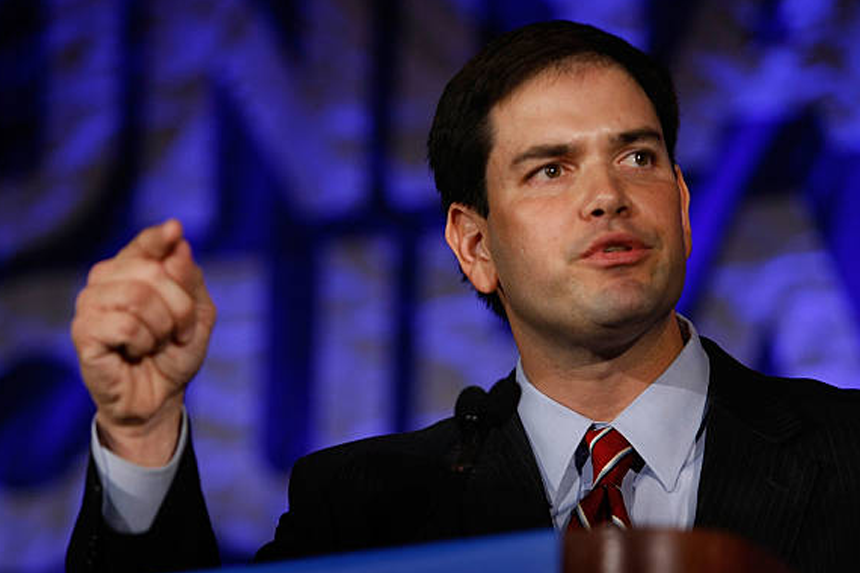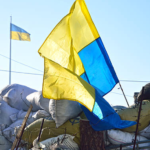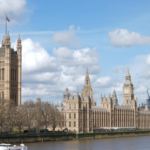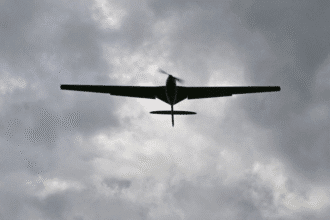Declared US Secretary of State Marco Rubio, “the ball is now in Russia’s court.” This represents a turning point in the continuous geopolitical crisis as Washington and Kyiv try to gauge Moscow’s readiness for serious Russia- Ukraine peace negotiations.
After a protracted day of negotiations in Jeddah, the United States and Ukraine released a joint statement with numerous salient features. “The United States will communicate to Russia that Russian reciprocity is the key to achieving peace,” says maybe the most important statement. This comment marks a change in perspective from US pressure on Ukraine to evaluating Russia’s reaction in the next days. The focus now is on Moscow’s decision to keep its belligerent posture or forward sincere attempts to end the crisis.
How Has Trump Affected the Conflict in Ukraine?
Recent conversations mostly focused on former US President Donald Trump’s expectations from Ukraine and the White House’s strategies used to influence Kyiv. Right now, focus moves to Russia. Will Moscow be ready to have diplomatic conversations on equitable conditions?
Alternatively, will it keep its present posture?
Trump’s handling of Russian President Vladimir Putin has stayed dubious. Unlike his interactions with Ukrainian President Volodymyr Zelensky, Putin has not faced pressure. This raises doubts about the administration’s approach in handling the war and juggling the demands on all the engaged parties.
The US-Ukraine communiqué does not inevitably show a change in Trump’s perspective of Zelensky. Years of challenging political meetings have molded the long-simmering mutual mistrust between the two presidents. But as Russia-Ukraine peace negotiations take front stage, the tense environment following their divisive Oval Office conference eleven days ago may start to relax.
Although Trump’s erratic diplomatic style has drawn criticism many times, recent moves of his government show a readiness to assist Ukraine’s sovereignty. Still to be seen, though, if this results in more general economic packages or specific military assistance. Global politics is still shaped by the diplomatic tug-of-war between Washington, Moscow, and Kiev, hence, this event is essential in deciding the course of the war.
In what ways has the US supported Ukraine?
Following a brief pause, Washington’s dedication to Kyiv is shown by the prompt resumption of US intelligence cooperation and security support to Ukraine. But given the changing diplomatic scene, this action might draw more attention to Russia.
Though the specifics are still unclear, the joint statement notes “substantive details” about the official end of hostilities and the security guarantees Ukraine can expect. Washington’s focus seems to be on economic cooperation, though, not military assurances.
While Ukraine has always asked for more military support from the West, Washington seems to be giving long-term stability top priority, including defense policies as well as economic restructuring. This points to a larger picture in which Ukraine is positioned for future expansion in addition to being protected from immediate dangers.
Can a commercial deal help to secure Ukraine's future?
The implication of the statement—that the end of a vital minerals agreement rather than direct military assurances may determine Ukraine’s security and prosperity—is especially fascinating. The statement says that Trump and Zelensky have committed to negotiate such a compromise “as soon as possible.”
Although economic cooperation is beneficial, it remains a matter of debate whether a business agreement by itself can stop any Russian aggression. While long-term protection is most important for Ukraine, it is yet unknown how Washington sees this balance between military deterrent and economic help.
Critical minerals vital for global businesses, including defense and technology, abound in Ukraine. Ukraine wants to increase its economic resilience by using these resources and guarantee important relationships, thus strengthening its resilience. Critics counter that, especially given Russian military threats, economic alliances cannot substitute specific security commitments.
How will European allies help?
The joint statement also confirms that Ukraine underlined again the need of European allies to participate in the peace process. It does not, however, define Washington’s position on the degree of Europe’s involvement in these talks. The degree of coordination between Washington, Kyiv, and European capitals will be vital in determining the future direction of the war, given the different degrees of support for Ukraine expressed by European countries.
Although Germany, France, and the United Kingdom have been loud in their support of Ukraine, long-term European nation commitment still raises questions. The EU’s reaction to the crisis has veered between military support to Ukraine and economic penalties on Russia. However, European leaders have also shown a wish to avoid confrontation with Moscow, which forces a careful balancing act.
Ukraine’s capacity to negotiate from a position of strength will be much influenced by the degree of military and economic engagement from European partners. Should Washington and Kyiv fail to get solid European support, Russia might use this as a chance to intensify conflict.
Is this a turning point in US-Ukraine relations?
The Jeddah conference offers a chance to realign US-Ukraine ties in line with the turmoil of lately. It implies a strategic change in how the two countries approach the Russia- Ukraine peace negotiations, even if it does not indicate total alignment between them.
One thing is now indisputable for Zelensky: he is coping with an erratic and sometimes angry American president who defies conventional diplomatic rules or historical partnerships. Ukraine will try to keep the pressure on Russia, but things are still uncertain, and the ball can once more land on Kyiv’s court while peace negotiations between Russia and Ukraine go on.
The next weeks will be vital in deciding if diplomatic initiatives pay off. Should Russia respond with significant conversations, there might be a road toward a long-term fix. If Moscow is relentless, though, Ukraine will once more find itself in the challenging role of negotiating foreign backing while thwarting Russian aggression.
The stakes have never been higher as the globe observes. The result of these peace initiatives could affect world stability for years to come, hence, all those engaged must behave wisely and with foresight.








